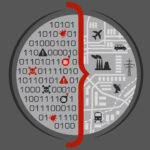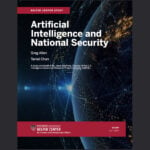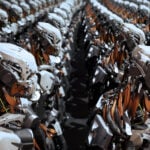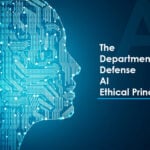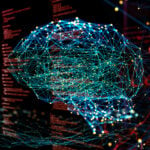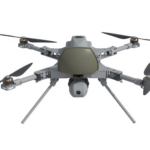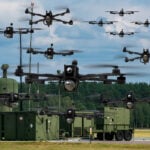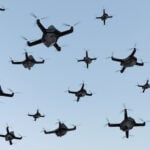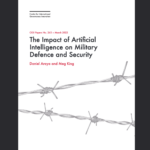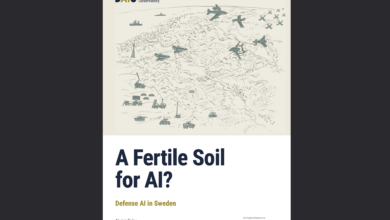Defence AI in Germany – Study
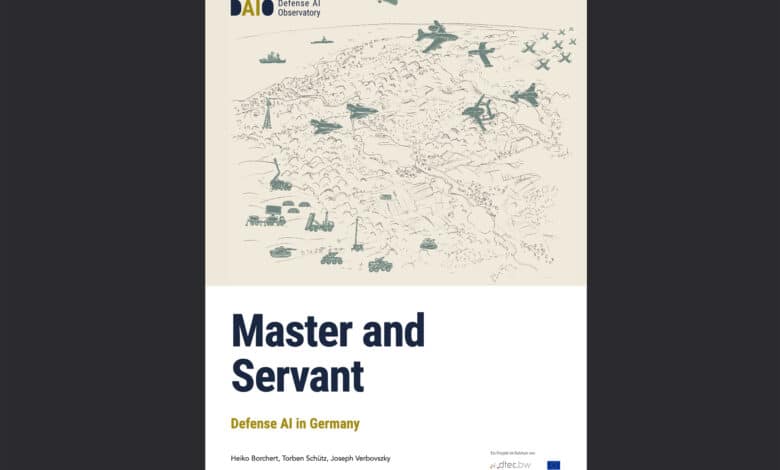
The Defense AI Observatory (DAIO) at the Helmut Schmidt University in Hamburg has released a new study titled “Master and Servant: Defence AI in Germany” examining the utilization of artificial intelligence (AI) by the German military, known as the Bundeswehr. The complete study titled “Master and Servant: Defense AI in Germany” can be accessed through this link [PDF]: https://defenseai.eu/daio_study2312_master_and_servant_borchert_schuetz_verbovszky.
The study begins by discussing the importance of a holistic approach to defence AI. This approach takes into account societal discourse, political preferences, defence capability needs, multinational capability needs and interoperability, advances in defence digitalization, and civil and commercial progress in further developing the technology. The study highlights that “AI is not an explicit military capability, and the Bundeswehr is not the driver of AI-related innovation. Given its economic relevance, private companies shape technology developments…”
Most of the current defence AI projects in Germany focus on Control, Computers, Communications or C4 and on Intelligence, Surveillance
and Reconnaissance or ISR.
The study then goes on to discuss explicit defence AI features and requirements that have been defined for major future defence systems. These features include autonomous decision-making capabilities, advanced data analytics and fusion capabilities, and intelligent automation capabilities. However, it notes that in-service defence systems use AI applications but a clear delineation between software-enabled analytics and automation and proper AI is difficult to draw. Consequently, the true status of the Bundeswehr’s fielding and operating of defence AI is difficult to grasp.
The paper provides an overview of selected projects that are in line with development priorities discussed earlier in the document. These projects include GhostPlay, aimed at using to AI to develop tactics; a project focused on developing unmanned aerial systems with AI to produce a recognized operational picture; AI support for detection and identification of potential targets; vehicles for mine countermeasures; and a project aimed at improving situational awareness through data fusion.
The study also discusses the challenges associated with implementing AI in defence systems. These challenges include technical issues such as data quality and interoperability, ethical issues such as the potential for AI to be used in autonomous weapons systems, and organizational issues such as the need for cultural change within the military to fully embrace AI.
The document notes that one of the main challenges facing the implementation of AI in defence systems is the “tyranny of the status quo.” This refers to the tendency for force planners to focus on ensuring basic military functions rather than considering the added value of technology beyond these functions. The study argues that this has led to a kind of technology blindness, where force planners are unable to request technologies that they do not know about.
To address these challenges, the study recommends a number of actions. These include developing a clear strategy for defence AI that takes into account societal discourse and political preferences, as well as defence capability needs and process improvements. The document also recommends investing in research and development to advance AI capabilities, improving data quality and interoperability, and developing ethical guidelines for the use of AI in defence systems.
Overall, this study provides valuable insights into the use of AI by armed forces in Germany. It highlights both the potential benefits of this technology as well as some of the challenges associated with its implementation.
